Is Scotland a country? Is it a nation? This topic is big enough to have its own dedicated article, so let’s take a look at what country we are, and why we matter.
Before we dive in, let’s make one thing very clear. We are not talking about the UK as a whole. We are not talking about England or Wales or Northern Ireland. We are talking about Scotland as Scotland.
This is important. Very important. Don’t forget it when you hear international politicians and media elites talk about us. They will start to talk in generalities, like “people across the world” or “the community at large” instead of “us” or “our country.”
Generalizations can be dangerous things. They can make people feel like they aren’t fully understood, which can make them thinkless and/or focus on issues that aren’t related to them.
History
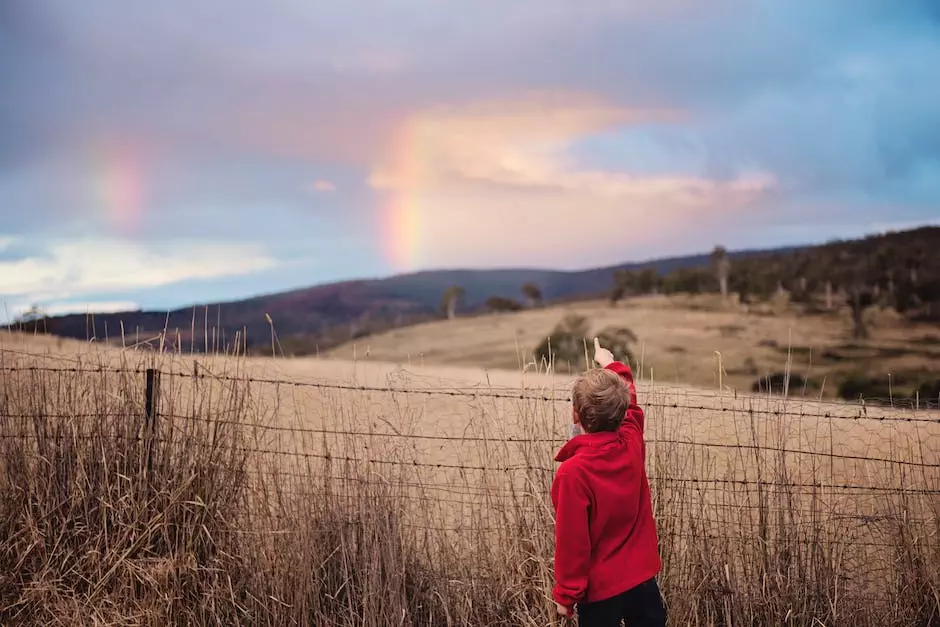
What is history? According to the U.S. National Archives, history is “a collection of related and shorter chronicles covering a period of time.”
So, what about countries have? Well, their histories in comparison to other countries! As mentioned earlier, Scotland was a country for a short period of time in 1801—1815.
During that time, Scotland was a part of Great Britain and enjoyed some freedom. However, when the British Parliament decided to rule with an iron fist, Scotland lost all its political rights.
Then, during the Napoleonic Wars, Scotland was one of the few British territories that didn’t fall into French hands. Instead, it fell under an Austrian administration until 1815 when it was returned to Britain.
Culture
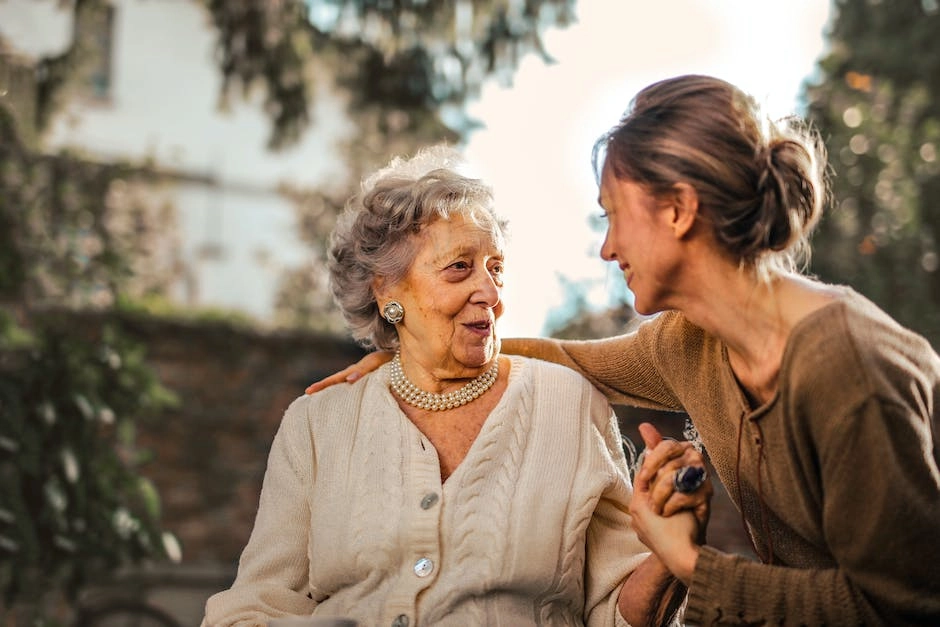
What Is Culture?
Culture is a broad, abstract concept that encompasses things such as stories, festivals, monuments and other landmarks, music and art.
As the definition suggests, culture is dependent on specific events and places, but also spread throughout the population. You can say that culture is spread through words, monuments and other landmarks, and stories!
We all have this shared sense of what culture means to us, but what is the point of knowing about all this stuff if you are not a part of it? What good are knowledge pieces if no one knows how to put them into action?
This article will talk about some ways for you to join the community happening in your country or around the world by learning more about Scottishness and by giving it away as a gift. By immersing yourself in the unique culture of Scotland, you can deepen your appreciation for its traditions and history. One way to do this is by exploring the Scotland series available on Netflix, which showcases the breathtaking landscapes and rich heritage of the nation. Sharing your discoveries with friends and family can also inspire them to connect with Scottish culture in meaningful ways.
Geography
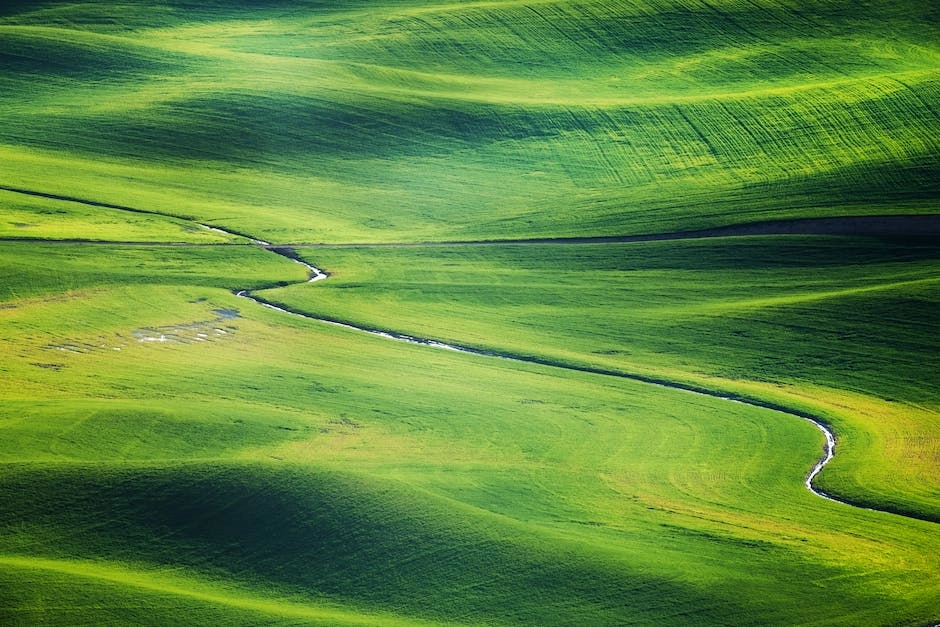
Our country is made up of a few big cities, namely Glasgow, Edinburgh, and London. These cities are separated by large rural areas, including beautiful parks and open spaces.
Because of this, it is very easy to blend the three cities together as one entity. They are also extremely easy to promote together as one market, making it very cost effective.
The reason these big cities dominate the UK is because they offer the things people want from a lifestyle change destination. London has great restaurants and fun bars, Edinburgh has nice museums and iconic sites like The National Monument, and Glasgow has natural wonders like The Grampian Mountains.
Having such a large population gives these places more responsibilities such as security, infrastructure needs, and the like. This makes them richer enough to do proper infrastructure projects which improve their quality of life.
Independence movement
The largest minority group in Scotland is the Scottish-Canadian. There are more than 100,000 of them, making Scotland the country of Canada and Scotland the fifth largest country in the world.
The Scottish-Canadian community is very active, with many clubs and groups to support. They join together to celebrate anniversaries, holidays and news about their homeland, Canada.
Many members of this community feel that their home province of Canada is underrepresented on global stages. With a healthy media presence and strong audience engagement, Canada can be more than just a geographic location. It can be a national identity that people identify with.
To illustrate this point, look at these two photos: The first shows a Canadian flag flying high; the second shows an American flag instead. Both represent what people in Canada are supposed to represent: nationalism, democracy and freedom.
What is Scotland?
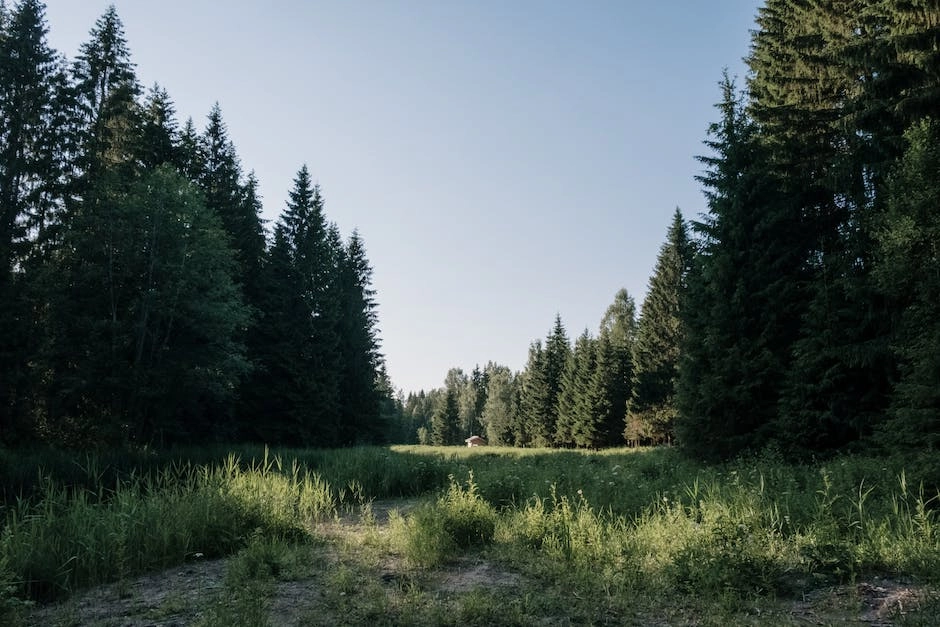
a large, mountainous region located in the north of the United Kingdom
A country is a region where there is a culture that sets it apart from other regions. A country can be a land or a sea, a continent or island, place-pub or suburb.
A country can have a capital city, but most places are larger than a city. A country cannot have a capital city!
To be counted as a country, there must be government and laws in place to set up administration, govern and rule over its people.
There must also be boundaries set up to show who has what area of the country.
How is Scotland a country?
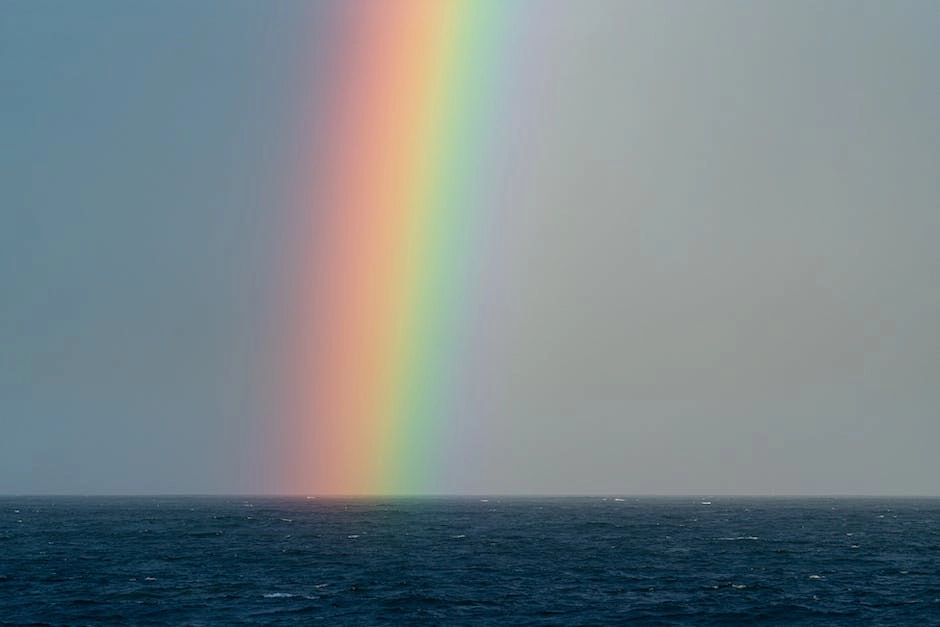
Many people in Scotland don’t know that we are a country. This is due to the fact that it is not often known or assumed to be a country by people outside of Scotland.
To be a country, a state has its own borders and defines its own national identity. When people refer to Scotland, they do so as a nation, not a region. We are highly emphasized as being an agricultural nation, with our heavy focus on bread and milk production.
We also consider ourselves an historical nation, with many stories of struggle and triumph left to tell. The British Kings have always had a role in determining the future of the country, which adds another level of importance to our status as a nation.
Population
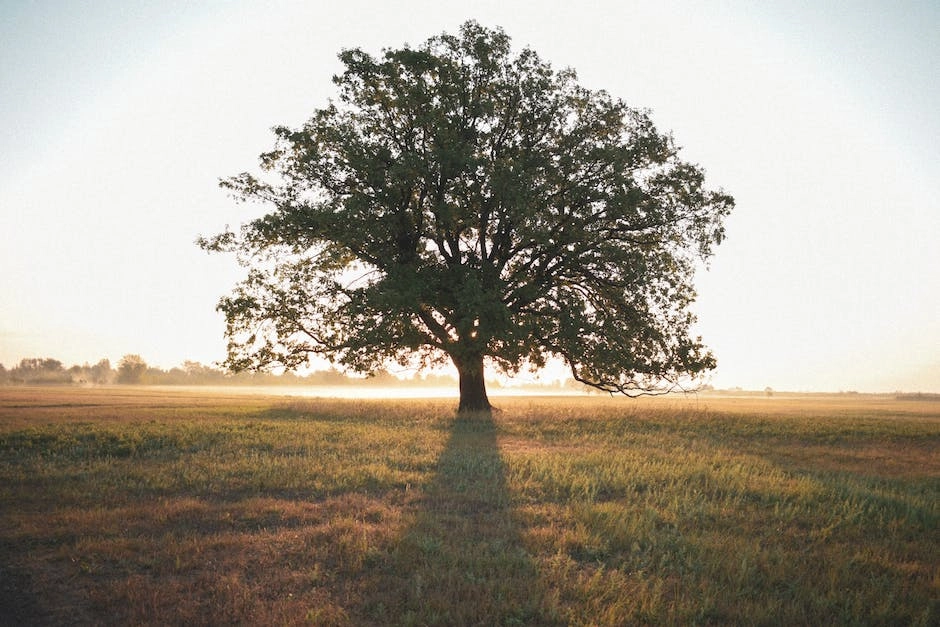
The population of Scotland is about 6.5 million, which makes it the second largest country in Europe after France. Scotland is known for its stunning landscapes, rich history, and vibrant culture. For those planning a journey between Scotland and its neighbor, the travel duration can vary greatly depending on the mode of transportation chosen. Many travelers often inquire about the ‘scotland and ireland travel duration‘ to effectively plan their itineraries.
There are approximately 500 villages across Scotland and each has a village council that controls local affairs.
This includes building and managing local schools, providing local healthcare as well as controlling matters such as licensing laws and promoting drinks brands within rural areas.
A key part of rural life is the control of alcohol, which can be a tricky subject to address in some places. As you may know, alcohol is a night time drinker’s worst-case-scenario drug addiction.
History

While most people in the US and Europe don’t know much about Scotland’s past, we can be proud of our history.
We have many sites that tell our stories, and they are scattered around the world. They are usually located in cities with a rich past, such as London, Paris, and New York. Many of these sites have videos or even tours to share our history with visitors.
A country’s history is found on its soil. That is why it is so important for people to tell their country’s story. People can be very passionate about their stories, which is one of the reasons why so many want to share them with the world.
Many sites that tell our stories are devoted to adults only because they are able to understand some of the material, but would not necessarily be able to do it.

